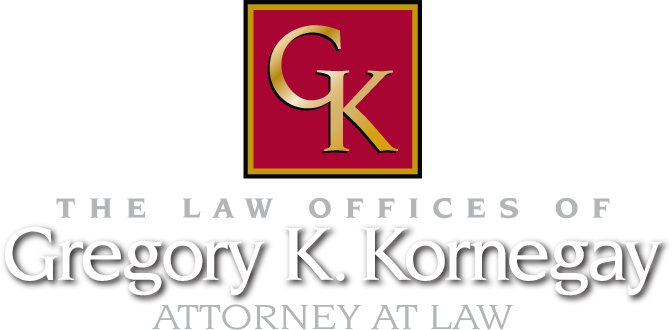Chapter 7 Bankruptcy in Wilmington NC – 7 Steps
1st Step – Paperwork
If you are looking at filing Chapter 7 in Wilmington NC, you must complete the paperwork to get your case started the right way. The paperwork is needed so that your attorney can determine if a Chapter 7 is appropriate and it is also needed in order to file an accurate petition. In order to file for Chapter 7 Bankruptcy, you must prove that you are not capable of repaying your debts. This is an income based test. Your current monthly income from all sources and expenses are analyzed to see what, if anything, can be paid to your creditors. If you don’t have much disposable income left over each month to pay your bills and you have low monthly income, you will probably qualify for a Chapter 7. If both you and your spouse are filing for bankruptcy, both of your incomes are counted. If you are filing by yourself, then your spouse’s income will be included, but there will be setoffs. If your income is under a certain level, then it will be presumed that you can file Chapter 7 Bankruptcy.
2nd Step – Credit Counseling
Before a Chapter 7 Bankruptcy can be filed, you will need to obtain credit counseling from an approved company. The counseling will help you learn whether you really need to file for bankruptcy or whether you can do a repayment plan with your creditors. The counseling can be done by phone, on the Internet, or in person.
3rd Step – Credit Counseling
The bankruptcy petition is a written representation of your assets, liabilities, and debts. It tells your creditors and the Court what you intend to do with your debts.
4th Step – Automatic Stay is Issued by the Court
After the bankruptcy petition is filed, the Court issues an automatic stay, which is a court order to keep your creditors from contacting you. This means the collection calls and the collection letters will stop. The Clerk of Court sends a copy of this automatic stay to all your creditors. After receiving the order, your creditors are not suppose to try to collect on the debt – if they do try to collect on the debt, then they could be violating the Court’s order. Some things are not stopped by the automatic stay (i.e., criminal actions, domestic actions, certain tax obligations, etc…). However, please remember that if you want to keep certain property, you must keep paying for that property even though the creditor may not send the next bill to you. You will need some way of reminding yourself to make that payment if your creditor is not going to send a bill for the property you want to keep.
5th Step – Creditor’s Meeting (341 Meeting)
Around a month after you file for Bankruptcy, there will be a meeting of the creditors in your case. You must attend this meeting and the creditors have a right to show up and ask questions about your property. Most of the time the creditors do not show up in “no asset” cases (where there are no assets to be had). The meeting is very informal and you will not be cross examined. The trustee runs the meeting, not a judge. The trustee will ask you to affirm under oath that you accurately valued all of the listed property in your bankruptcy petition and have not improperly transferred property or money to a third person. The trustee could ask you how you came up with the listed values in your bankruptcy petition. Most of the time these meetings go smoothly, however, when problems do arise, they are usually in the following areas: Transfers to family members within two years of filing; large payments to one creditor near in time to the filing of the petition; loan application value questions (difference in asset values); or audits can occur in a small percentage of cases. In the normal uncomplicated case, this is the only appearance that you will have to make.
List of Documents Required by Trustee Before Creditor’s Meeting
6th Step – Financial Management Course Must be Taken
Before you can obtain a discharge from your debts, you must complete a financial management course by an approved company. After completing the course, a certification of completion is issued. The certification of completion must be filed within 45 days of the meeting of creditors.
List of Companies Offering Approved Financial Management Courses
7th Step – Discharge
The debtor will be discharged from all dischargeable debts. The discharge voids any judgment and operates as an injunction against the commencement or continuation of any action against the debtor.
What Our Clients Say:
Member:

Attorney Gregory Kornegay
Greg is a trial attorney in Wilmington with over 30 years of experience. Greg was born and raised in southeastern North Carolina. Before law school he managed a store with employees making a payroll every week. His first job out of law school was as an Assistant District Attorney investigating and trying cases for the State of North Carolina. Through the years he has handled many different types of cases – including death penalty cases.
Being married with children has been a blessing and a challenge, but has served him well in understanding the problems individuals and families face as they live out their lives. Greg believes that each case is different and the needs of each client are unique, but there are certain themes of life that we all share.


